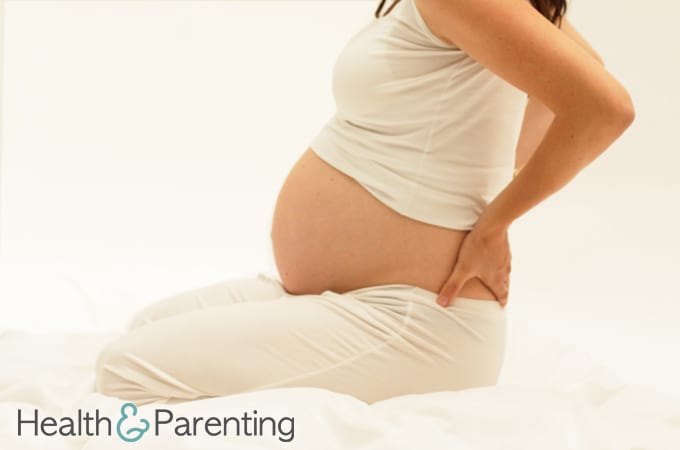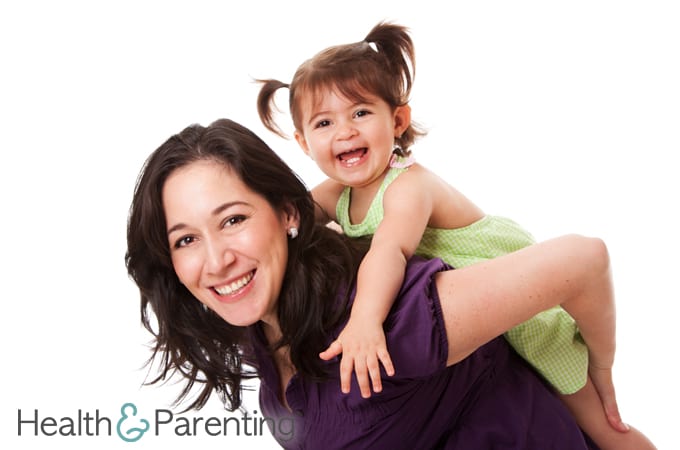Back pain during pregnancy is very common. For one thing, the weight of your baby is all on the front of your body, which puts all the pressure on lower back and spine to carry the extra weight. If you don’t have strong abdominal muscles, then your back is taking on a lot of extra work during pregnancy. Plus, as your uterus grows, it can put pressure on the main nerves of the body that run through your spinal column and legs that can cause you pain.
Since you really should avoid any medications during pregnancy, many women are just left to suffer with back pain during pregnancy. The good news is that there are a few tips and tricks to making your back feel better!
- Warm baths! Remember, you shouldn’t take HOT baths while you are pregnant. But soaking in a nice warm bath to ease tense muscles is a great way to unwind and relax your aching back.
- Prenatal yoga and stretching. Staying flexible, and stretching your muscles is the best way to keep your back free from pain. Just make sure you take a class from an instructor that is licensed to teach pregnant women.
- Pregnancy massage. Again, find a certified pregnancy massage therapist and schedule an appointment. This will help ease the tension that builds up in the back muscles and help you to relax.
- Pregnancy Pilates and abdominal exercises. Strengthening your back is critical. And although traditional abdominal exercises are NOT recommended for pregnancy muscles, you want to continue to keep your ab muscles strong so they can help support your baby bump.
- Good posture! You will be surprised how much of a difference posture can make. When you sit down, especially for long periods of time use a pillow behind your lower back, sit up straight and tall and prop your legs up whenever possible. This helps to take pressure off the lower spine.
- Avoid lifting, especially in late pregnancy, and when you DO lift, lift from your knees. Don’t bend over to pick something up. Instead, squat to lift it so you won’t be extra pressure on your back.
Also, keep in mind that back pain especially after 27 weeks that is dull, persistent and rhythmic could be contractions. Many women feel labor in their back. If you notice a sudden change in your back pain, and think that it may be more than just simple strain – consult your doctor to make sure you aren’t going into early labor.
Written By Stef, Mom of 4 @Momspirational
This information is not intended to replace the advice of a trained medical doctor. Health & Parenting Ltd disclaims any liability for the decisions you make based on this information, which is provided to you on a general information basis only and not as a substitute for personalized medical advice. All contents copyright © Health & Parenting Ltd 2017. All rights reserved.











